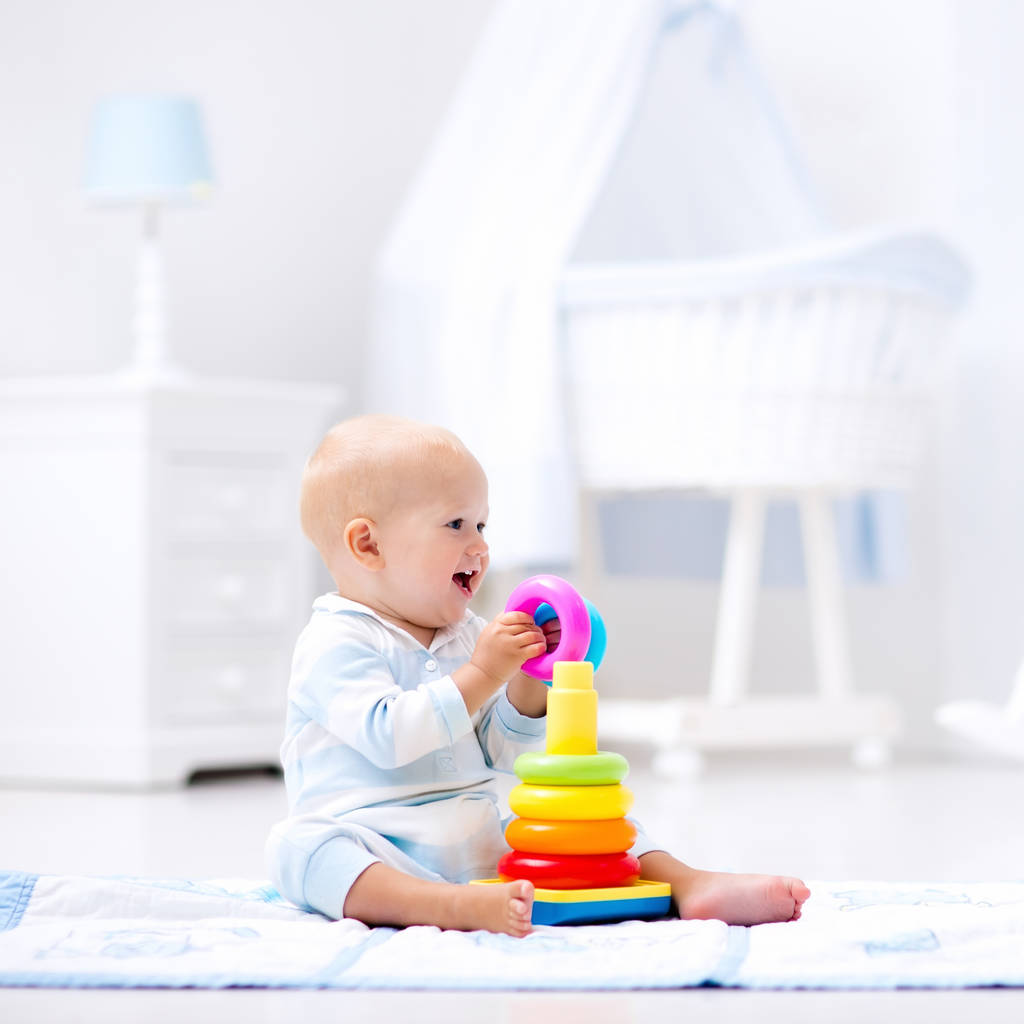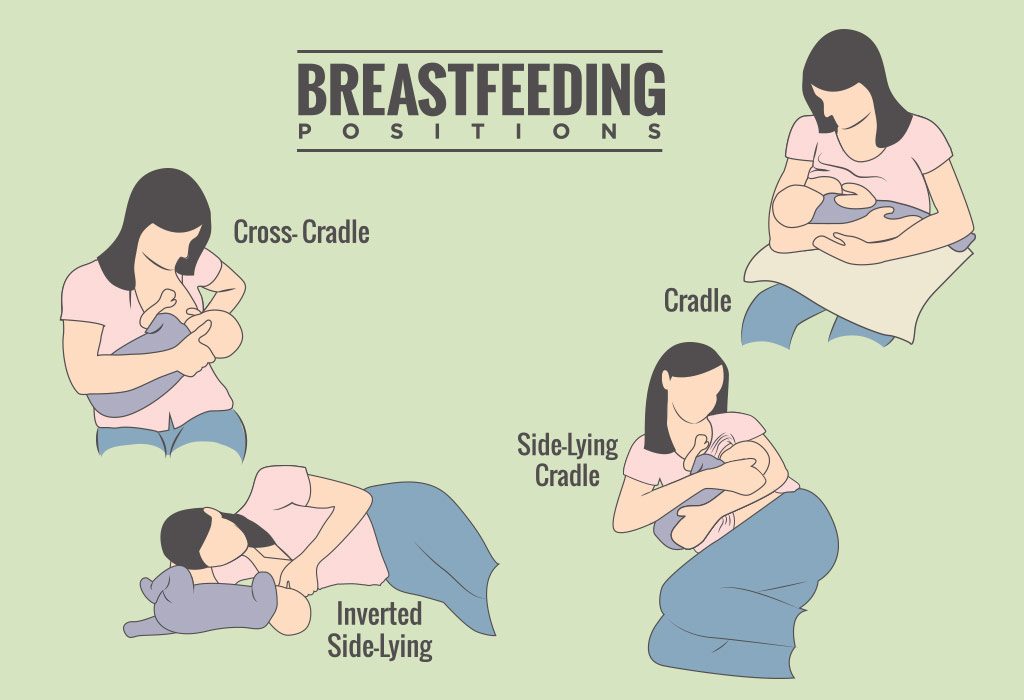Gentle Care for Delicate Skin: Eczema Tips for Baby
Babies are bundles of joy, but sometimes they come with sensitive skin that requires a little extra care. Eczema, a common skin condition in infants, can make your little one’s skin itchy, red, and uncomfortable. As a parent, it’s essential to provide gentle care for their delicate skin. Here are some tips to help you navigate the world of eczema in babies.
**1. Understanding Eczema in Babies
Eczema, also known as atopic dermatitis, often appears as red, dry patches on the baby’s skin. It can be caused by a combination of genetic and environmental factors. Common triggers include harsh soaps, fragrances, weather changes, and even certain fabrics. Understanding what might be causing your baby’s eczema is the first step in managing it.
**2. Choose Mild, Fragrance-Free Products
When it comes to baby products, less is often more. Opt for mild, fragrance-free soaps, shampoos, and laundry detergents. Harsh chemicals and strong scents can irritate your baby’s sensitive skin, making eczema symptoms worse. Look for products labeled as “hypoallergenic” and “gentle” to minimize the risk of irritation.
**3. Keep Baby’s Skin Moisturized
Moisturizing is key when dealing with eczema. Apply a hypoallergenic and fragrance-free moisturizer immediately after bathing to lock in moisture. Keep in mind that not all moisturizers are created equal, so look for those specifically designed for sensitive baby skin.
**4. Dress Your Baby in Soft Fabrics
Choosing the right clothing can make a significant difference for a baby with eczema. Opt for soft, breathable fabrics like cotton. Avoid wool and synthetic materials, as they can be abrasive and worsen irritation. Dress your baby in loose-fitting clothes to minimize friction on their delicate skin.
**5. Maintain a Comfortable Room Temperature
Extreme temperatures can trigger eczema flare-ups. Keep your baby’s room at a comfortable temperature, and avoid overdressing them. Use lightweight blankets for sleep and dress them in layers so you can adjust their clothing as needed.
**6. Identify and Avoid Triggers
Pay attention to your baby’s environment to identify potential triggers for eczema. If you notice a pattern of flare-ups after exposure to certain foods, pets, or environmental factors, take steps to minimize these triggers. Consult with your pediatrician to help pinpoint specific allergens that may be contributing to your baby’s eczema.
**7. Trim Those Tiny Nails
Babies have a natural instinct to scratch when they’re itchy, but their little nails can cause more harm than relief. Keep your baby’s nails short to prevent accidental scratching, which can lead to skin damage and infection.
**8. Consult with a Pediatrician
If your baby’s eczema persists or worsens, consult with a pediatrician. They can provide personalized advice, prescribe medicated creams if necessary, and help you develop a comprehensive care plan tailored to your baby’s needs.
**9. Create a Relaxing Bath Routine
Establishing a soothing bath routine can be beneficial for babies with eczema. Use lukewarm water, and limit bath time to prevent the skin from drying out. Pat your baby’s skin dry gently with a soft towel rather than rubbing.
**10. Stay Consistent with Care
Consistency is key when caring for a baby with eczema. Stick to a routine, monitor your baby’s skin for any changes, and be patient. It may take some time to find the right combination of products and practices that work best for your little one.
Conclusion
Gentle care for delicate baby skin involves a combination of understanding, prevention, and thoughtful choices. By following these tips, you can create a nurturing environment that helps manage your baby’s eczema and keeps their skin soft, smooth, and itch-free. Remember, every baby is unique, so don’t hesitate to seek professional advice for a personalized approach to your baby’s skincare needs.












